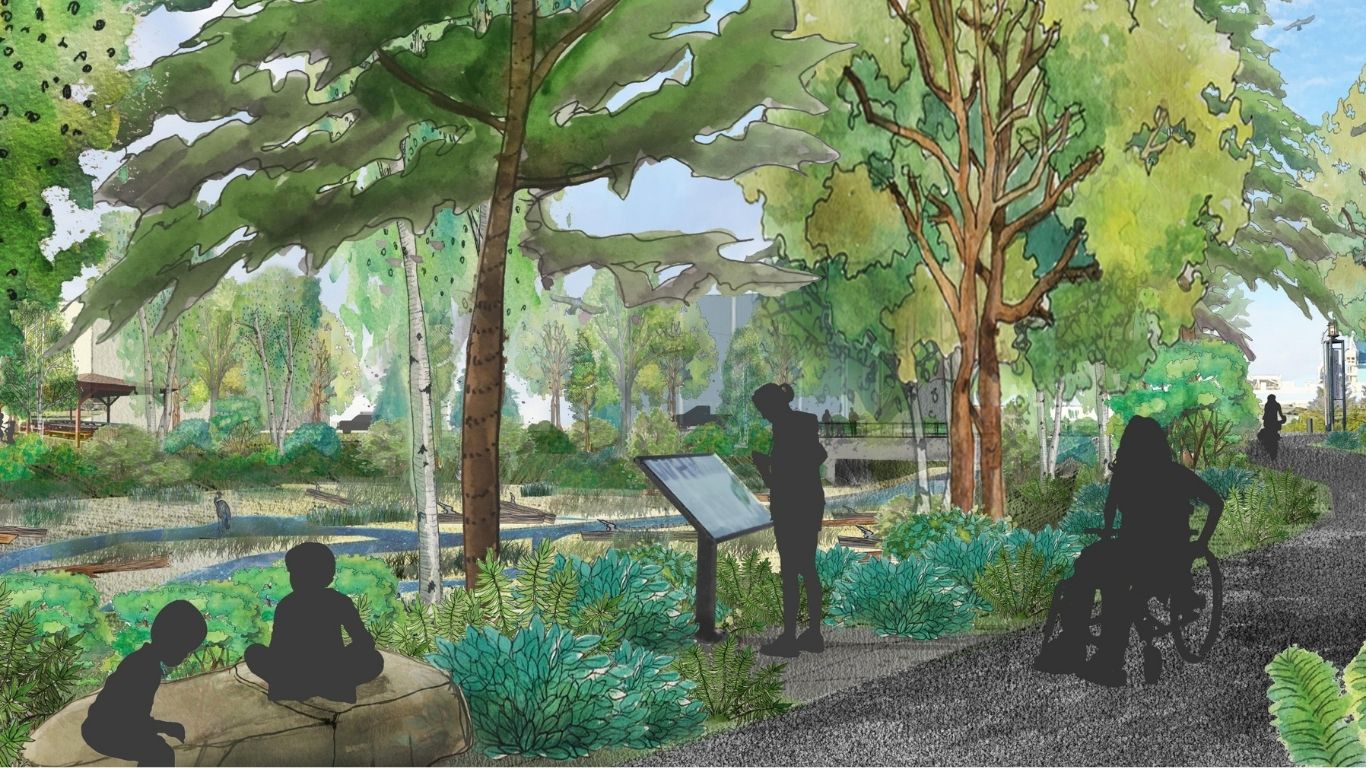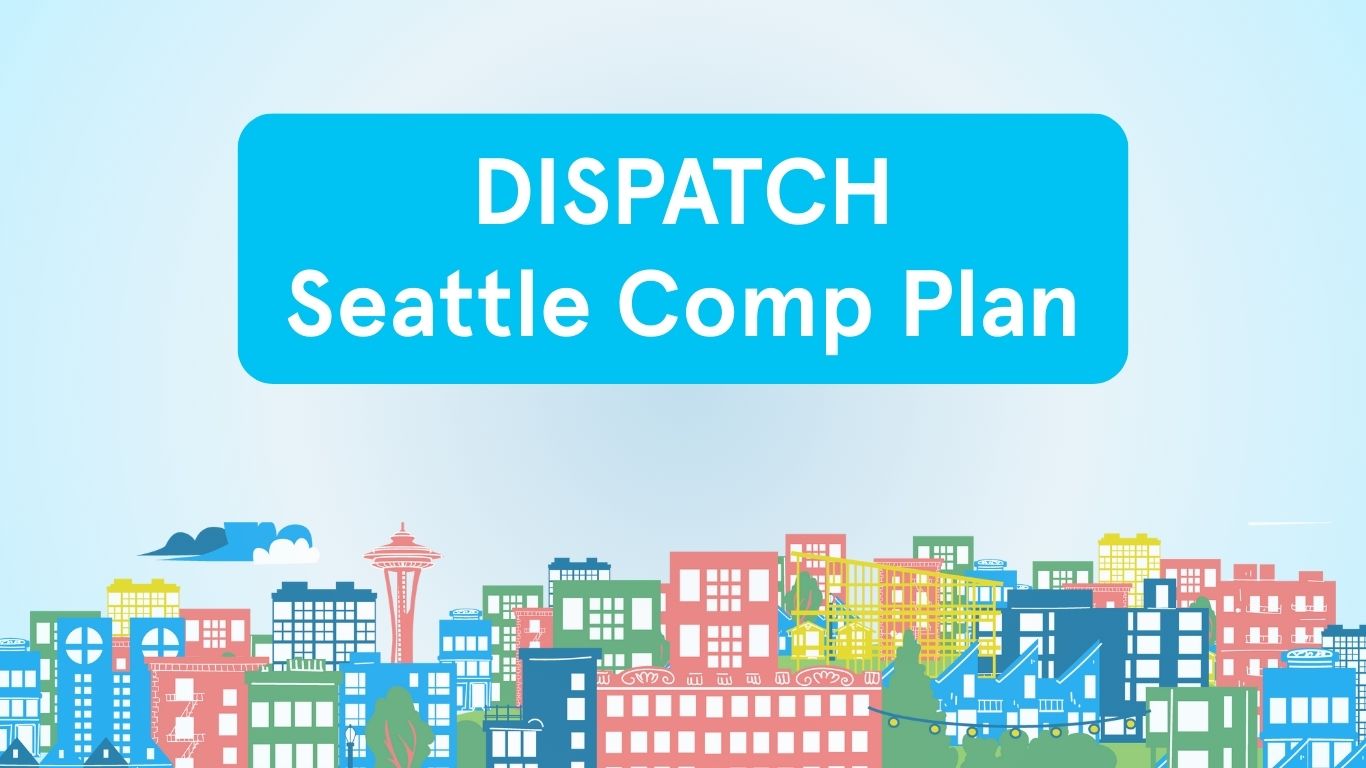Legislative Update – Feb 8, 2019
Thanks for following us as we engage on the bills this session that resonate with (or against) our organizational values. Here are the bills up for testimony this coming week:
HB 1584 – Restricting the availability of state funds for regional transportation planning organizations (RTPO) that do not provide a reasonable opportunity for voting membership to certain federally recognized tribes.
Bill Summary: RTPO’s were established by the Growth Management Act to provide regional leadership on the distribution of transportation funds. This bill is targeted at the Spokane RTPO, which has historically disallowed the Spokane Tribe from participating as a voting member.
Futurewise Position: We support this bill – the Spokane Tribe deserves a voting seat at this table.
SB 5630 – Concerning the composition of the growth management hearings board (GMHB).
Bill Summary: This bill requires two things: first, that all of the Governor’s appointments to the GMHB be approved by the senate, but also that at least 3 of the panel’s members be a city or county planner from the three regions of the state.
Futurewise Position: While we support the concept of having more planners on the GMHB, we oppose both of this bill’s proposals. In this day and age of political tactics designed to stall or eliminate leadership decisions on political appointees, it seems best to keep our fingers crossed that current and future Governors will just make centrist choices for the GMHB – full stop. Also, given that the GMHB is currently also supposed to have 3 elected officials and 3 lawyers and 3 members from each region – there is currently no room for 3 planners given that the current panel is limited to 7 members (currently there are only 6). If we want more planners to serve, we should think strategically about what the remainder of the board make-up should be.
SB 5639 – Concerning the growth management hearings board (GMHB) hearings.
Bill Summary: Currently, the GMHB must make a decision based upon the information provided in the case record, and may not hear additional testimony from outside witnesses or experts. This bill would allow appellants, governments, and the GMHB itself to retain expert (or pseudo-expert) witnesses in addition to the record.
Futurewise Position: We oppose this bill, which not only opens up GMHB hearings to a host a potential pseudo-science experts, but also further reduces the accessibility of these hearings for community members, many of whom can most likely not afford to pay additional witnesses and experts to support their case.
HB 1923 – Increasing urban residential building capacity in cities of certain sizes.
Bill Summary: Where to start. This is a two-part bill that includes a number of required options for cities to increase housing options. Here is a brief summary of some of the bills main points in its current state.
Futurewise Position: Whew. There’s a lot here, and a lot of time still left to influence the direction of this bill. At this point in time, here are our high-level thoughts on the bill:
– We support more density in cities, particularly in places where the public is already investing in transit. There is an underlying element of this bill that speaks to fact that the GMA has not done enough to encourage more housing options – particularly in areas of high opportunity.One of our concerns relates to how to best balance the policy alternatives for cities that would need to comply with this policy. GMA may not be strong enough on housing and affordable housing, but prescriptive policies to address these issues may be too top down – even in a menu format.
– Other areas where GMA has under performed – like wetland protection, traffic and access to parks – have not been modified to be more prescriptive, but isn’t housing different? Some would say, shouldn’t housing be a human right? If we aren’t getting housing right, how can we move on to other policy areas for improvement? That said, we’ll be working on trying to find a way to strike a balance between the bottom up (less effective) and top down (maybe too restrictive) approaches.
– Affordability and anti-displacement measures outlined in this bill are inadequate or not yet addressed. We will be working to influence lawmakers on adopting strong anti-displacement policies in particular – including options that range from resourcing marginalized communities to adopt their own proactive anti-displacement strategies (also being attempted in California), to outlawing predatory solicitation of vulnerable populations in areas where property values will likely increase when zoning changes are implemented.
– We struggle with the “safe harbor” aspects of the bill that eliminate appeal options. While we have seen the disruptive power of NIMBYism in cities that are taking it upon themselves to create more and more affordable housing (see Olympia and Seattle), eliminating appeal options could also have unintended consequences.
– Lastly, we believe that impact fees should be based on impact – not on an artificial cap, which will likely make them more vulnerable to challenges.
Much more to come in the following weeks – particularly on HB1923. Thank you for keeping up with us.


